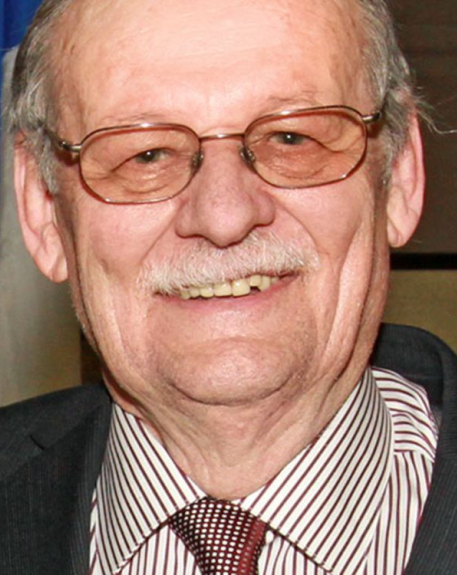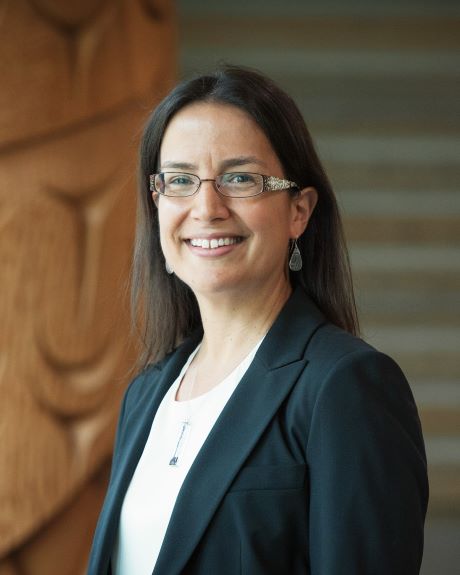1994 INDUCTEE John Browne, MD PhD Hormones, Health and Medical Education & Training, Leadership in Organizational Development, Female Reproduction
April 13, 1904
(London, England)
January 21, 1984
MD, McGill University (1929)
PhD, McGill University (1932)
1973: Robert H. Williams Leadership Award, The Endocrine Society
1967: The Centennial Medal
See All AwardsAwards & Honours:
1973: Robert H. Williams Leadership Award, The Endocrine Society
1967: The Centennial Medal
1954: Honorary LLD, Queen’s University
1932: Governor General’s Medal for Best Thesis
1929: Holmes Gold Medal
Duncan Graham Award
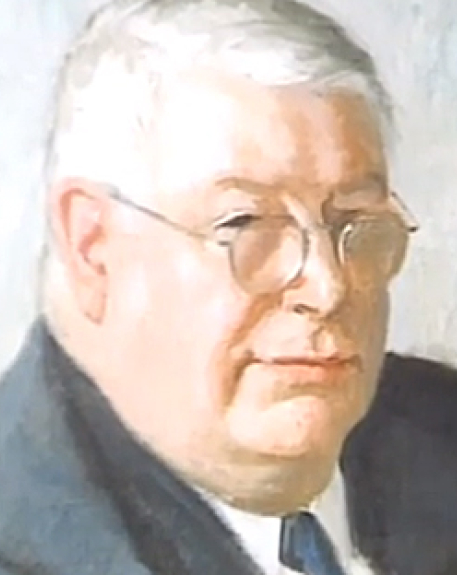
Contributed significant advances to the field of endocrinology
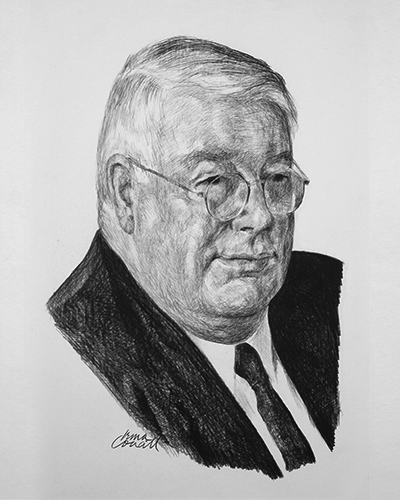
A brilliant endocrinologist, a leader in medical education and an advocate for bilingual unity
Dr. John Symonds Lyon Browne, known as “JSL” among his colleagues and friends, was a giant in Canadian medicine. An astute clinical investigator, Browne made significant contributions to the field of endocrinology, focusing much of his research on the study of placental and ovarian hormones. Alongside a team of renowned endocrine researchers including Drs. J.B. Collip. David Thompson and Eleanor Venning, he worked to develop McGill University into the leading medical institution it is known as today.
Revered by both his students and colleagues, Dr. Browne was also considered a leader in medical education. Under his direction, McGill University established a diploma program for physicians interested in earning Master’s and doctoral degrees to become clinical scientists.
Key Facts
Served as President of the Endocrine Society as well as the American Society for Clinical Investigation
Worked tirelessly to unite the English and French speaking physicians of Quebec
Was an early advocate for the importance of biochemistry and physiology in undergraduate medical training
Mentored the next generation of physicians and incited their curiosity
Professional timeline
Impact on lives today
Known as a kind, brilliant and successful man, Dr. Browne’s impressive resume and personal attributes made him a pioneer in hormone research and leader beyond the field of medicine. As an advocate for national unity at a time when the political landscape was increasingly divisive, his legacy to this day reminds Canadians to practice respect and tolerance while working towards a common goal. In addition, McGill University remains a center of research excellence in the field of endocrinology with a global reputation for outstanding research. The Division of Endocrinology, which he helped build, is currently home for 43 primary and 21 associated members.
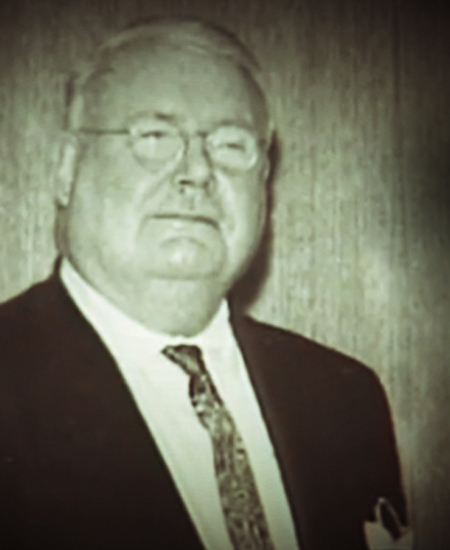
1994
-
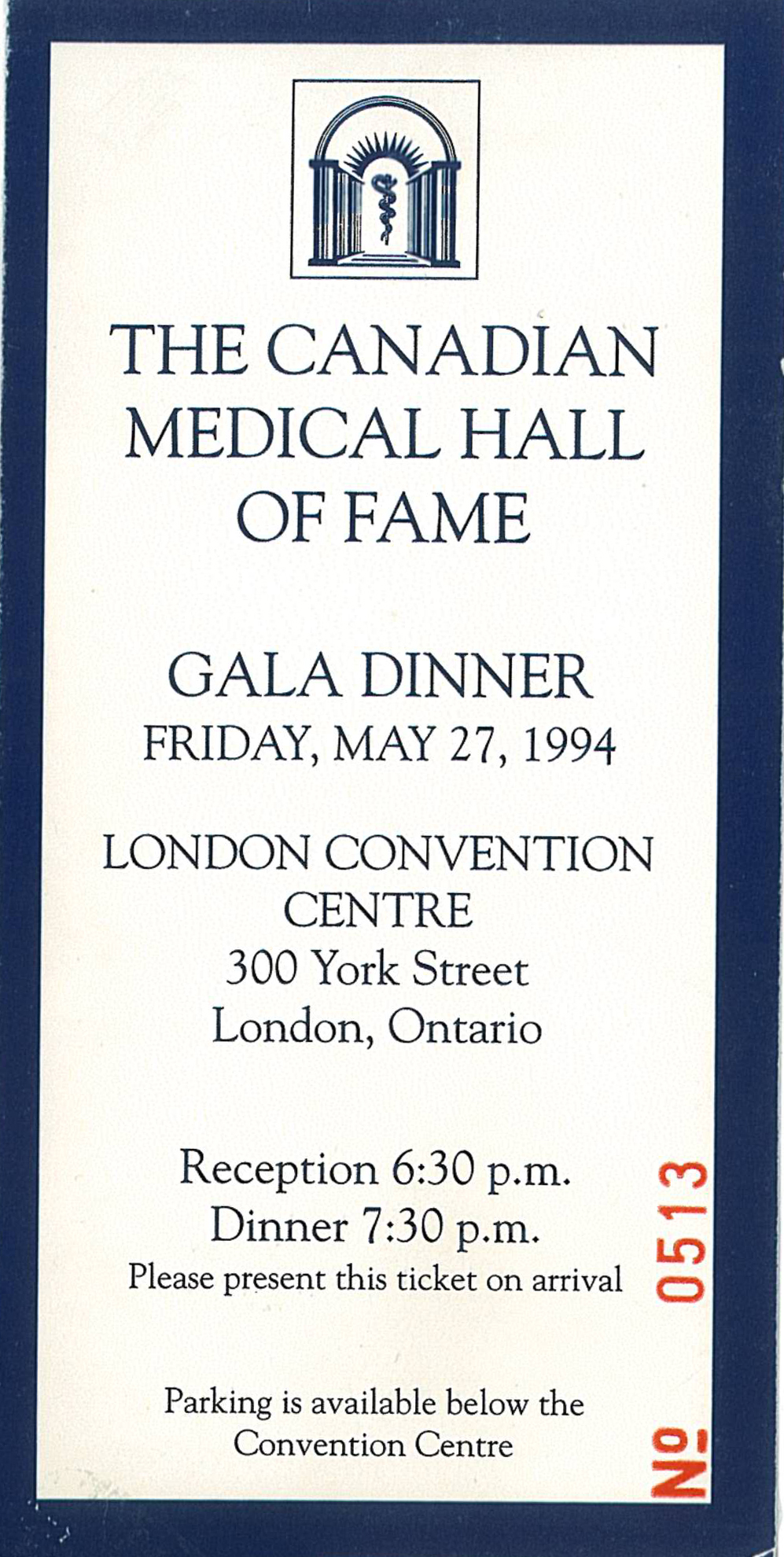
John Browne was posthumously inducted into the Canadian Medical Hall of Fame
London, Ontario
-
Browne helped establish the "Conseil du recherche medical du Quebec”
The council supported health research in Quebec and facilitated Quebec's contribution to international health research initiatives.
-
Due to his failing eye sight, Browne could no longer continue with clinical work
Leadership in Organizational DevelopmentIn 1955, he was named Chairman of the new Department of Investigative Medicine at McGill. He remained there until retirement in 1969.
-

Browne became a research fellow at McGill University
Leadership in Organizational Development, Health and Medical Education & TrainingBy 1948, he was a full Professor of Medicine, Chairman of the Department of Medicine, and Director of the Royal Victoria Hospital.
-
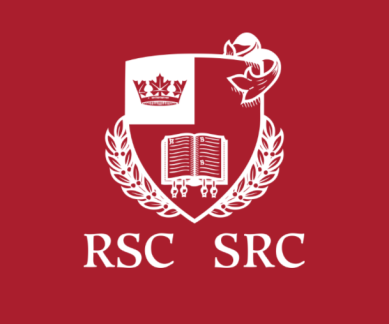
Following his PhD, Browne earned a fellowship from the Royal society of Canada to work in Europe
He spent time in Germany and England before returning to Canada.
-
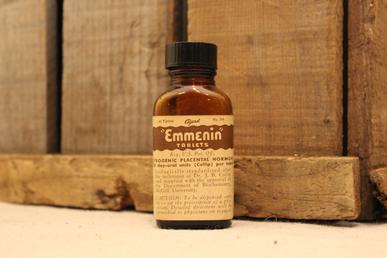
Drs. Browne, Thompson and Collip published critical papers discussing the successful isolation of an estrogen complex, later named Emmenin
Hormones, Female ReproductionThis research enabled the first oral capsule with an active female sex hormone to be made available for the treatment of menstrual disorders.
-
For 25 years, John Browne pursued a productive research agenda, which included the isolation of pregnanediol, a metabolic product of progesterone detectable in urine
Female Reproduction, HormonesThis discovery allowed his team to study how progesterone fluctuates during both normal and irregular menstrual cycles and pregnancy, significantly advancing the understanding of progesterone and its effects on the female body.
-
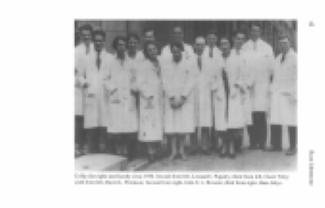
After completing his MD from McGill University, Browne went on to pursue a PhD in Biochemistry under the supervision of Dr. J.B. Collip
He earned the Governor General’s Silver Medal for Best Thesis of 1932.
1929
He worked tirelessly to unite French and English speaking physicians.

